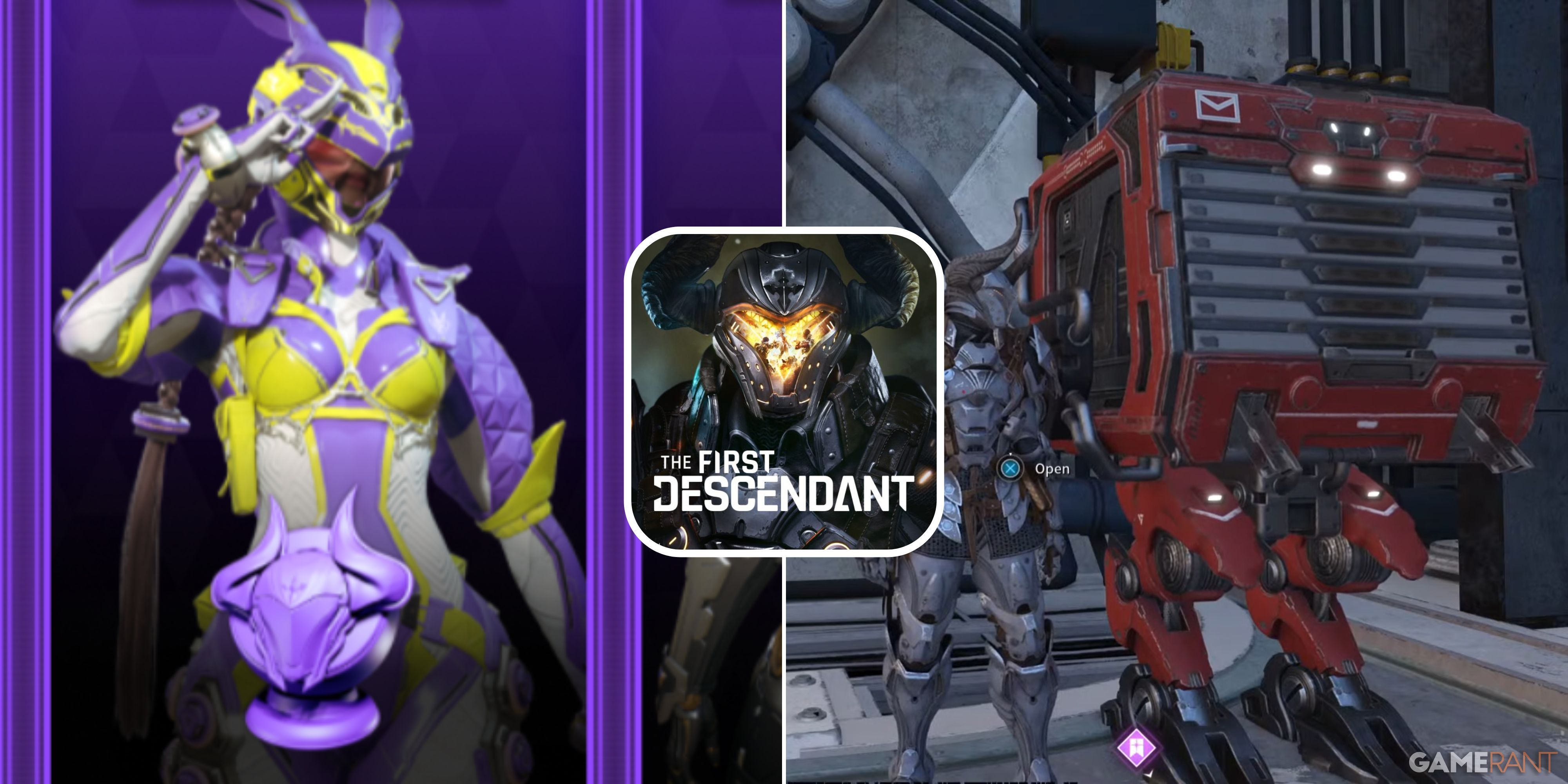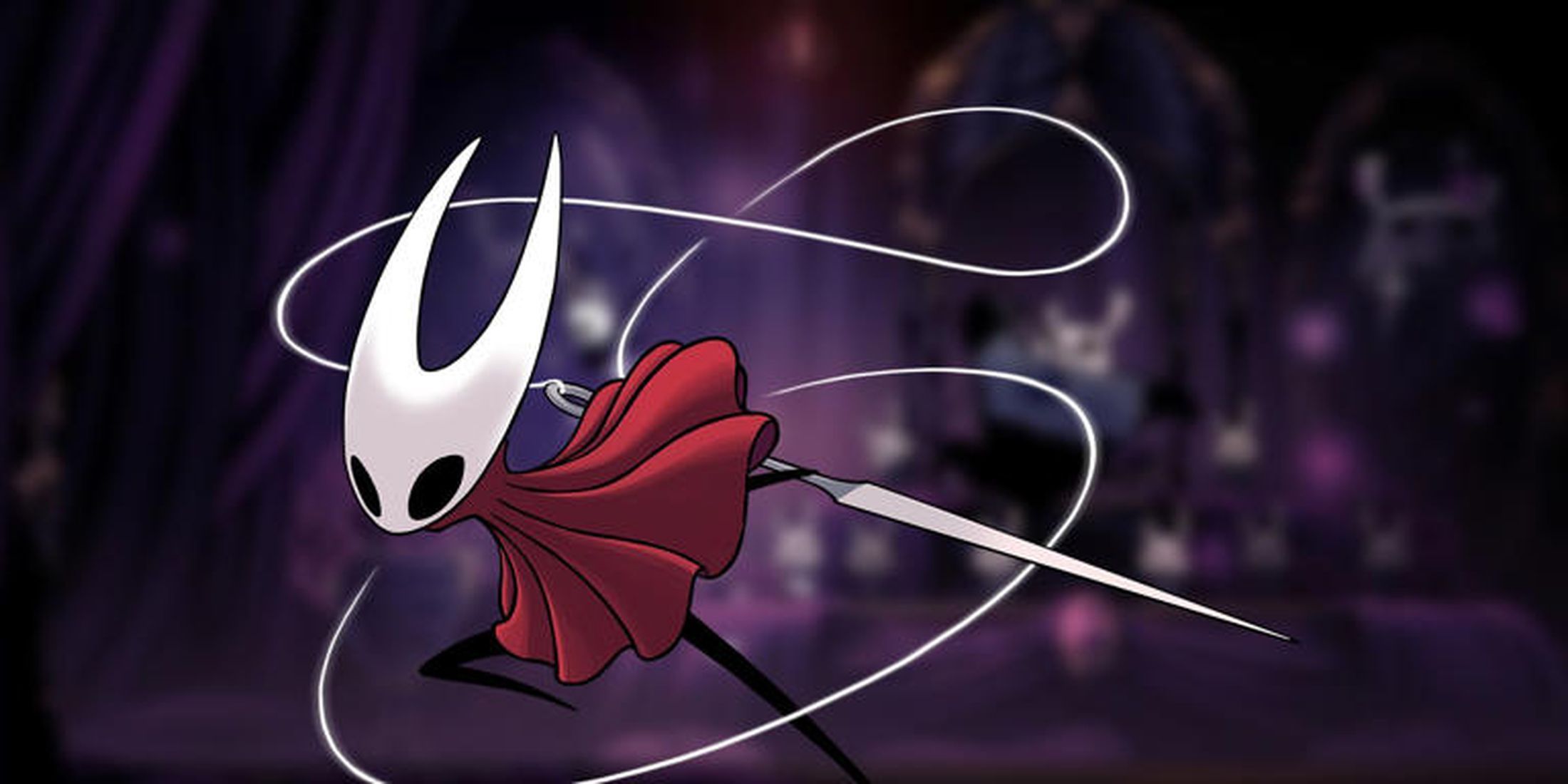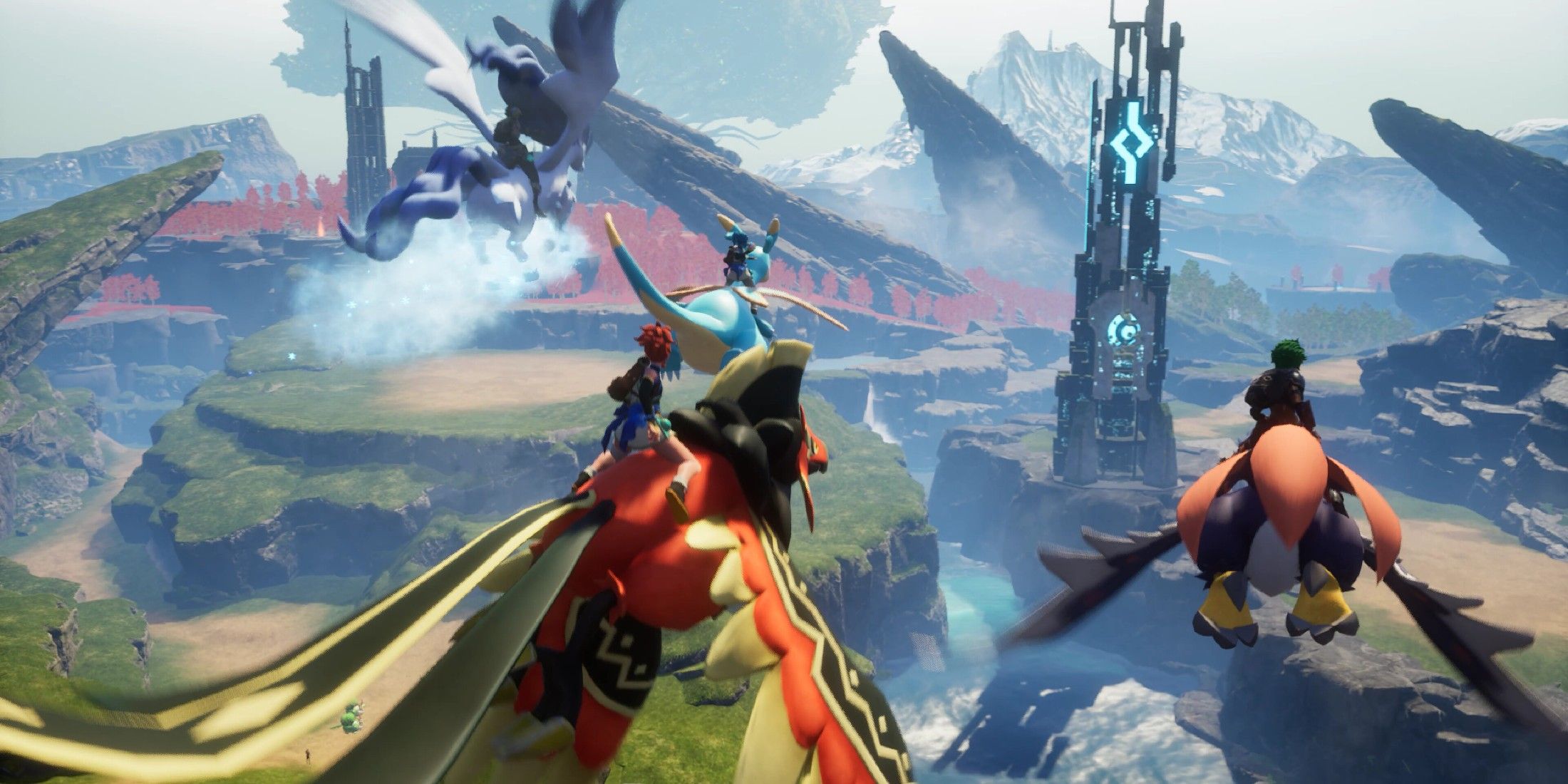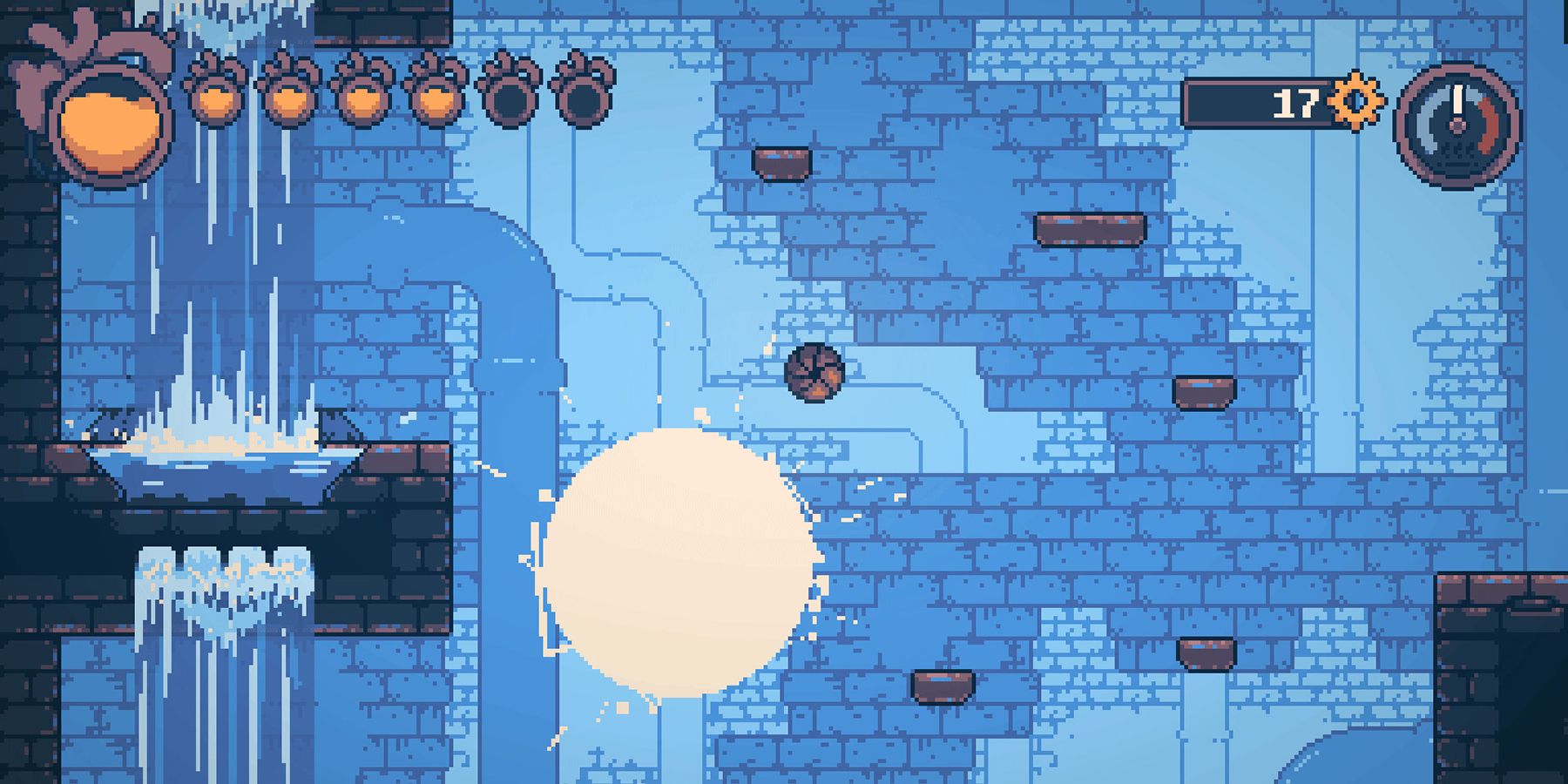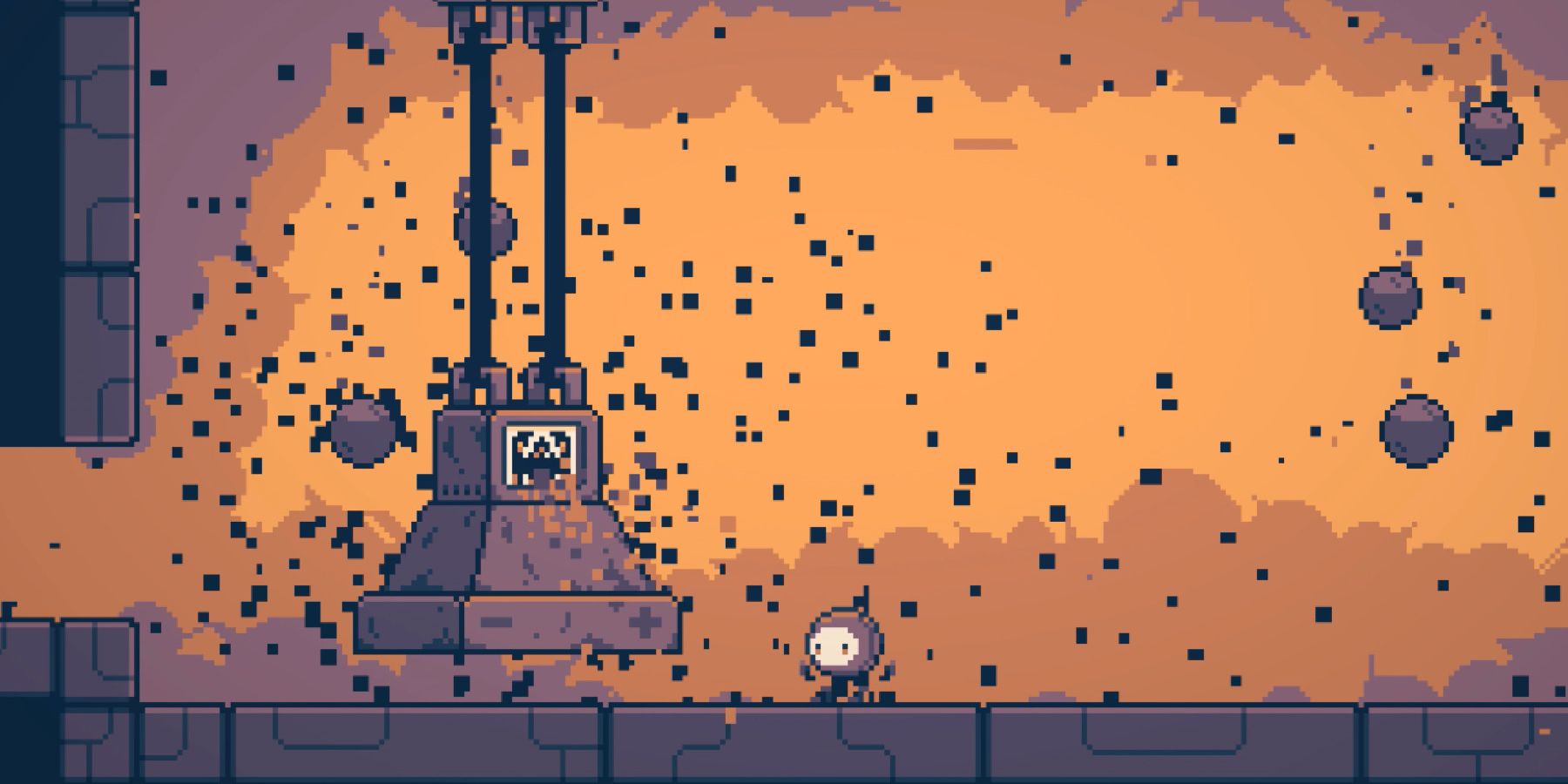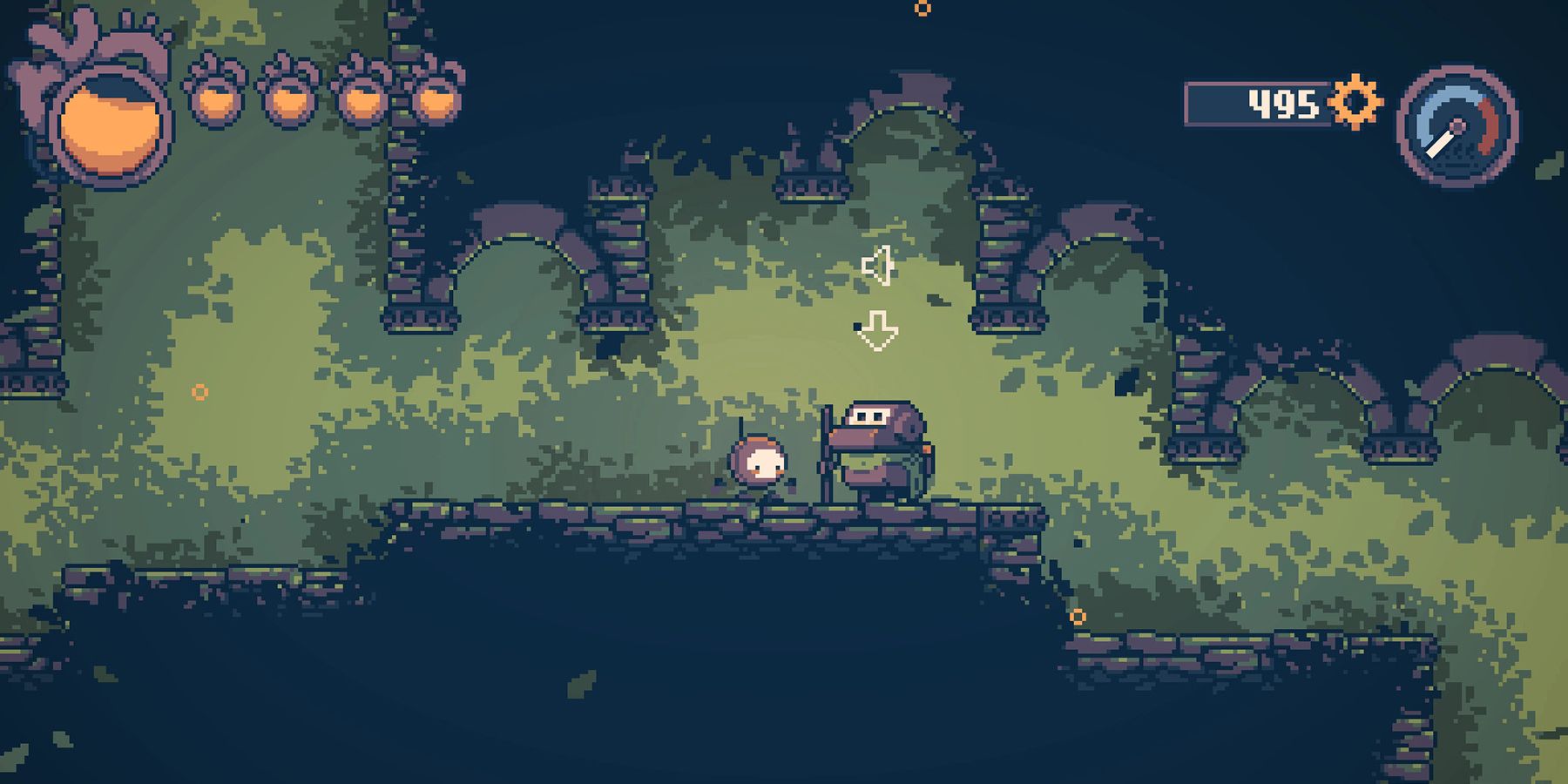After a successful Kickstarter and two-and-a-half years of development, Haiku the Robot has been released on Steam. Fans of Hollow Knight would do well to keep an eye on the cute but challenging Metroidvania platformer where the titular robot hero, Haiku, navigates the virus-corrupted world of Arcadia. The most impressive thing about the new indie title, however, is that it was the work of a single developer: Jordan Morris.
Morris met with Game ZXC to discuss his development process, Haiku's features, and shared several insights about what makes the Metroidvania genre tick.
Choice and Independence
Following the critical and commercial successes of Bloodstained: Ritual of the Night, and Hollow Knight, Metroidvanias have become an increasingly popular genre in indie game development. However, not all titles are created equally. For Morris, freedom of choice and independent exploration are two features that set these stellar exploration games apart from the crowd.
For me, it has to be a sense of exploration, and the sense of that exploration should be your own. I recently played Metroid Dread and I got very frustrated when they kept blocking off the paths behind you. So I couldn’t go back or explore as much as I would like to. And that’s something I really tried to emphasize in Haiku .
Rather than a guided tour, Hollow Knight sets players loose in an enormous world with precious little to go on, inviting them to get lost at their leisure. The result is a playthrough that is completely unique from player to player, and a tremendous sense of accomplishment. Every discovery is earned, and progress is a record of an individual's trial and error as opposed to the guided tour approach seen in Metroid Dread. Even though Dread is a difficult and challenging game, the way players can navigate the planet is deterministic for the majority of the title.
Morris acknowledges that the first quarter of Haiku holds players' hands a bit to ease them into the experience, but after that introductory portion of the game, the title opens up and emphasizes freedom of exploration in a big way. True to genre conventions, players will acquire new abilities as they play which will open new regions of the corrupted machine world of Arcadia.
Spiritual Metroidvanias
While Morris is especially fond of Metroidvanias, drawing inspiration from titles like the SNES classic Super Metroid and the more recent hit Hollow Knight, Haiku has been shaped by a broad range of titles that capture a sense of discovery and exploration. Gameboy titles were particularly influential, and their aesthetic served as the basis for Haiku's boxy pixel art style. One famous game series that launched on Nintendo's first handheld was particularly inspiring to Morris:
"I feel like the Pokemon franchise really emphasizes what I was discussing earlier. How they make you feel that your adventure is your own and is unique. For me, any sort of game that reflects or enhances that feeling, I look into them and draw as much inspiration as I can from them. All the NPCs that you find, all the worldbuilding stuff, the multiple routes you can take… to me Pokemon almost feels like a Metroidvania, but I think you can say that about a lot of games."
Even though Pokemon has more in common with classical JRPGs than Super Metroid or the Castlevania titles that came to the Gameboy Advance, there is no denying the game's independent approach to exploration. As both Red/Blue and Silver/Gold progress, the world map becomes increasingly less linear with players acquiring powerups that allow them to traverse the world in new ways. The emotional notes of the Pokemon franchise are arguably built on the experience of each player going on an independent adventure and experiencing a new world.
Wonderful Toys and Fun Friends
The tools players use to traverse a Metroidvania title are another crucial part of the exploration experience. It is not enough for players to simply find a key to a door. Rather, exploration tools must allow players to interact with the world in new and novel ways. In Pokemon, that novelty comes from the companionship and adaptability of the monsters players capture and train, while Metroid relies on Samus' ever-evolving armaments to keep gamers entertained by combat and platforming. Haiku the Robot borrows pages from both games' books.
Players will discover new tools like bombs that allow access to new areas while introducing new mechanics—Morris likened the experience of using the zipline item to playing a Spider-Man game, for example. Haiku also has a cast of characters for players to meet, who build out the world and provide personality to the game. Like rival Pokemon trainers, these characters are on their own journeys of exploration, boasting a wide variety of personalities ranging from grumpy to companionable.
Haiku the Robot is available now on PC.

